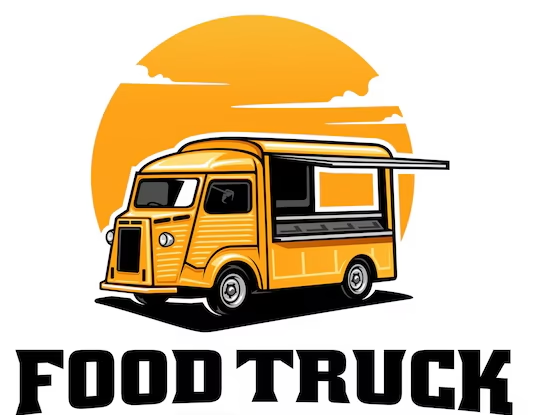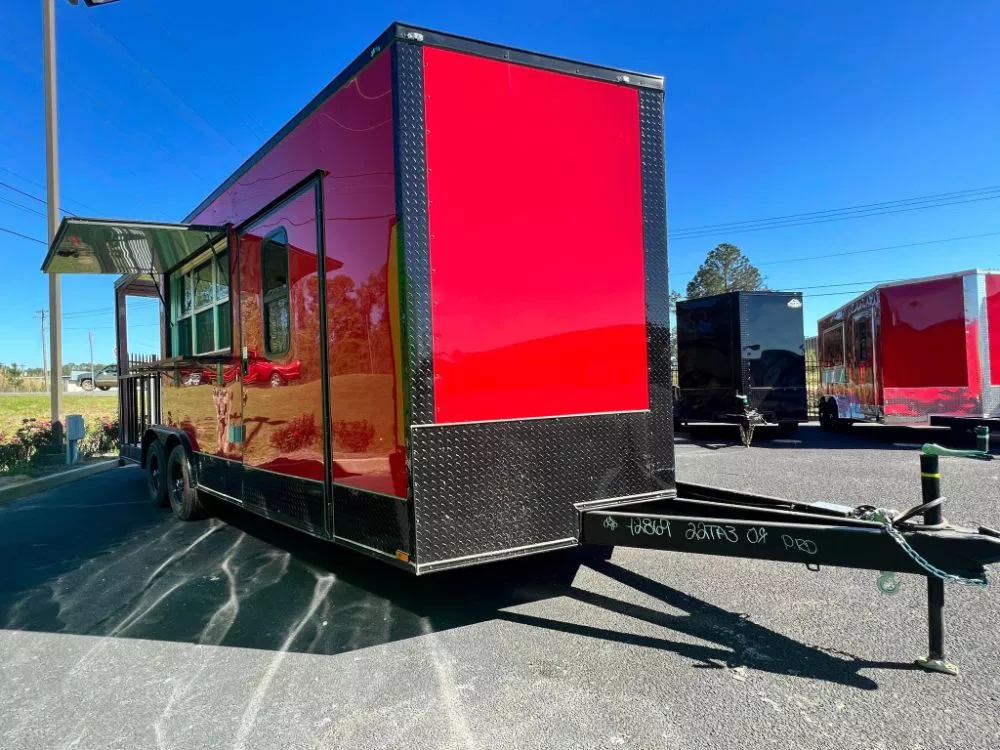🚚 Mobile Food Vendors: The Flavor Revolution on Wheels
In cities andhttp://yourdesignedfoodtrailer.shop towns across the globe, a culinary revolution is rolling down the streets—literally. Mobile food vendors, once seen as simple hot dog carts or ice cream trucks, have evolved into gourmet kitchens on wheels, serving up everything from Korean BBQ tacos to vegan cupcakes. These mobile eateries are reshaping how we experience food, community, and entrepreneurship.
🌮 What Is a Mobile Food Vendor?
A mobile food vendor is a business that sells food and beverages from a vehicle or portable setup. This includes:
- Food trucks: Fully equipped kitchens inside trucks or vans.
- Food carts: Smaller, oftenhttp://commercialtrucktrader.com manually pushed setups for quick-service items.
- Trailers: Towed units that offer more space and flexibility than carts.
- Pop-up stands: Temporary setups at events, markets, or street corners.
They operate in public spaces, festivals, construction sites, college campuses, and more—bringing food directly to where people gather.
💡 Why Mobile Food Vendors Are Thriving
Mobile food vending is more than a trend—it’s a movement. Here’s why it’s booming:
- Low startup costs compared to brick-and-mortar restaurants.
- Flexibility in location and menu offerings.
- Direct customer http://usedvending.comengagement and instant feedback.
- Social media marketing that builds loyal followings.
- Cultural diversity—vendors often share authentic family recipes or fusion creations.
📈 The Business Side: Challenges and Opportunities
Running a mobile food business is exciting, but it’s not without hurdles:
Challenges:
- Navigating permits and regulations (which vary by city/state).
- Managinghttp://ebay.com limited space and inventory.
- Facing weather-related disruptions.
- Competing for prime vending locations.
Opportunities:
- Event catering and private bookings.
- Collaborations with breweries, markets, and festivals.
- Brand expansion into packaged goods or permanent locations.
- Online ordering and delivery partnerships.
🍔 Success Stories That Inspire
Many mobile vendors have turned their food trucks into empires:
- The Halal Guys started as a cart in NYC and now have global franchises.
- Kogi BBQ in Los Angeleshttp://craigslist.org pioneered Korean-Mexican fusion and built a cult following.
- Cousins Maine Lobster went from a single truck to a Shark Tank-backed brand.
These stories prove that with passion, creativity, and hustle, a mobile food business can go far beyond the curb.
🛠️ Tips for Aspiring Mobile Food Vendors
Thinking of starting your own food truck or cart? Here’s how to get rolling:
- Research local laws and health codes.
- Create a unique, focused menu that’s easy to prep and serve.
- Invest in branding—your truck’s look matters!
- Use social media tohttp://bing.com announce locations and build community.
- Track expenses and profits carefully—every square inch counts.
🌍 More Than Just Food: Building Culture and Community
Mobile food vendors do more than feed people—they create experiences. They bring life to underused spaces, support local economies,http://facebook.com/marketplace and offer a platform for culinary innovation. Whether you’re grabbing a quick bite or chatting with the chef, you’re part of a vibrant street food culture that celebrates flavor, diversity, and entrepreneurship.

